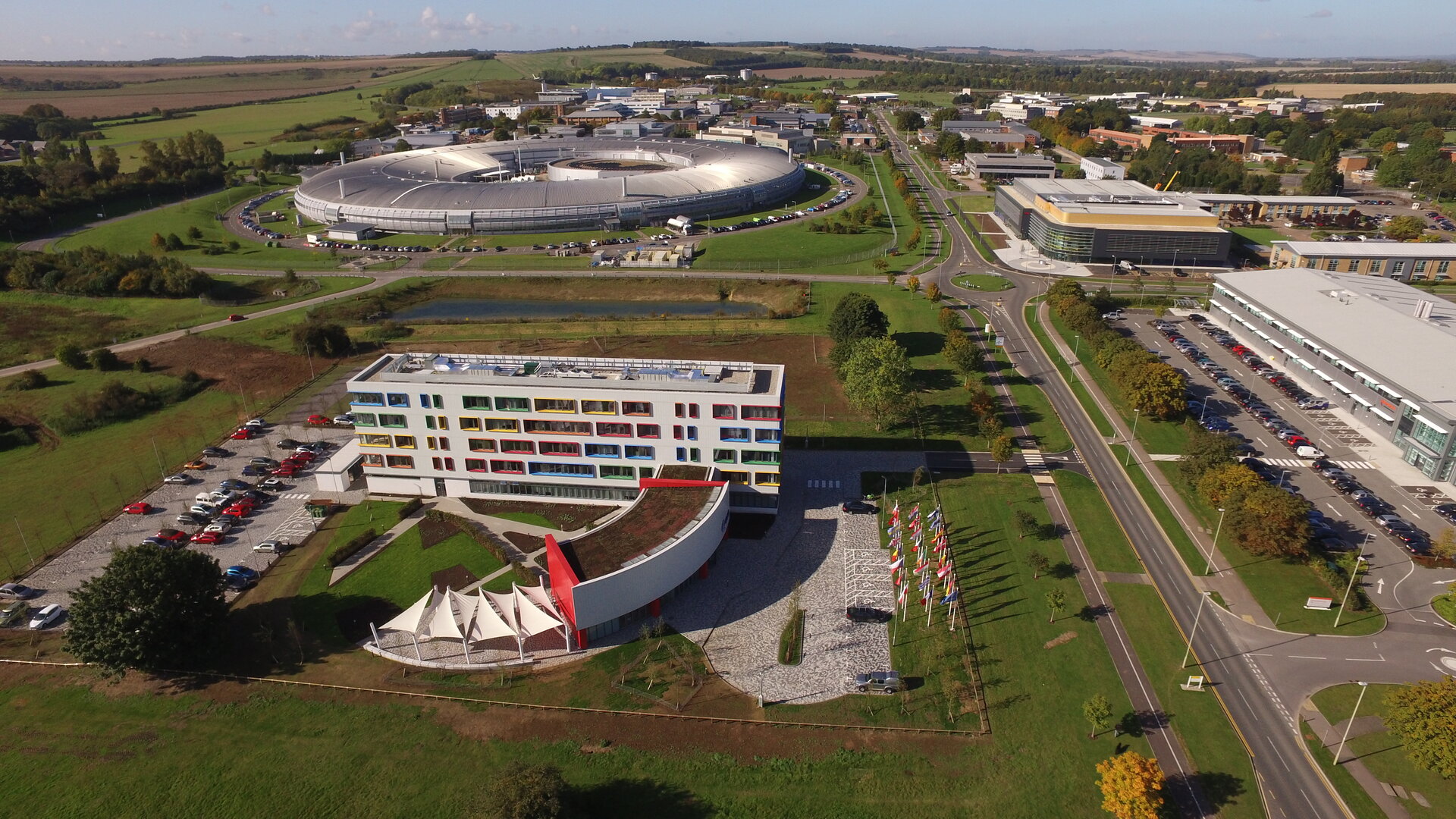UK Space cluster expands at Harwell
More than 1100 people now work in the space industry at Harwell in Oxfordshire – up 16% over the past 12 months – according to figures released today.
Some 105 companies are based on the campus, which is Europe’s most concentrated space cluster. The growth rate is on target to deliver 5000 jobs in 200 organisations by 2030.
The global space industry is predicted to grow strongly, with estimates forecasting $1 trillion in revenue annually by 2040, up from $350 billion today. The UK generates £14.8 billion in annual income through 948 organisations that are active in space, up from 208 a decade ago. The nation wants to gain a 10% share of the global market by 2030.
ESA helps promote this growth by providing early-stage companies with investment opportunities and business support through its Business Incubation Centre at Harwell.
Over the past 12 months, it has nurtured ten new companies, including Lift Me Off, which aims to develop technologies that will make small satellites dynamic, reprogrammable and serviceable in orbit.
Michel Poucet, chief executive of Lift Me Off, says: “As a start-up, it is always a challenge to connect with the market and get feedback from companies and agencies.
“Joining the ESA Business Incubation Centre at Harwell means that not only do we get to be part of this great incubator network, but we can work closely with industry partners to reach our vision to make space more safe and sustainable.”
Colin Baldwin, Head of Local Growth Strategy at the UK Space Agency, said: “We are working closely with partners on the campus to support Harwell’s continued success as an engine of growth which is part of our on-going efforts to make the UK’s space sector the best place to work and grow a business.
“Developing a vibrant space ecosystem that stretches across the whole of the country is essential to achieving UK ambitions in space, and realising the benefits of space endeavour and enterprise back here on Earth.”
Joanna Hart, Harwell Space Cluster Development Manager, says: “Having strong research and unique testing facilities, combined with space expertise, business support and physical space to grow has been critical to the rapid development of the Harwell space cluster.
“The concentration of space activity alongside the energy and health technology clusters at Harwell campus has created a fertile environment for multi-disciplinary innovation. This in turn attracts companies to Harwell from across the space value chain.”
Of the 105 organisations within the space cluster, a third of these are core energy or life sciences companies which have diversified into the space market, taking advantage of the cross-sector collaborative approach between the three Harwell clusters.
Barbara Ghinelli, Director of Harwell Clusters and Business Development at the Science and Technology Facilities Council, said: “Innovative thinkers and business leaders are no strangers to seeing the potential of technology from one sector being applied to another – cross-sector collaboration creates opportunities in new markets and this is the competitive advantage that Harwell provides businesses located at the campus.”


